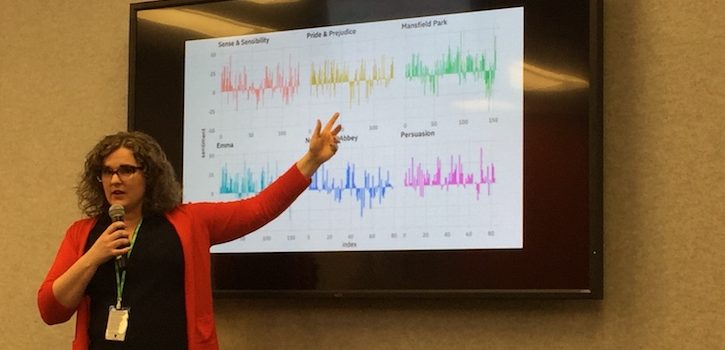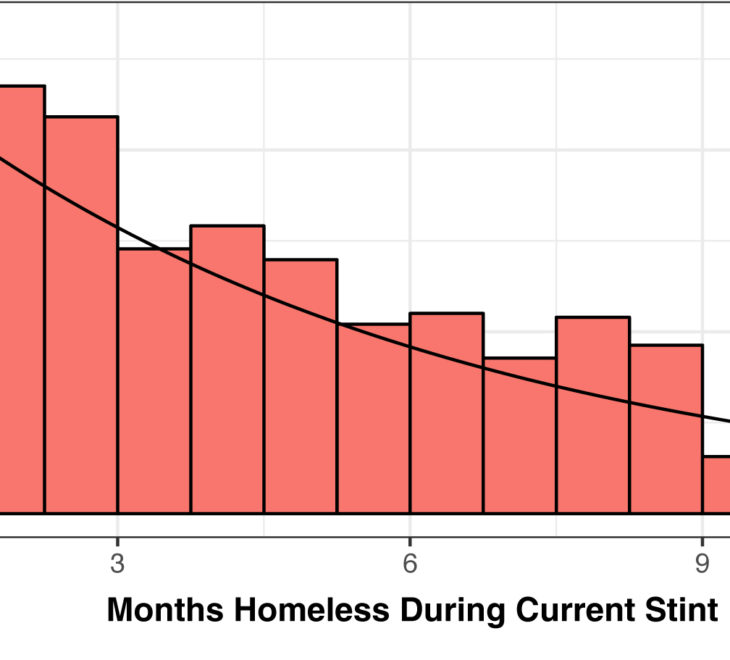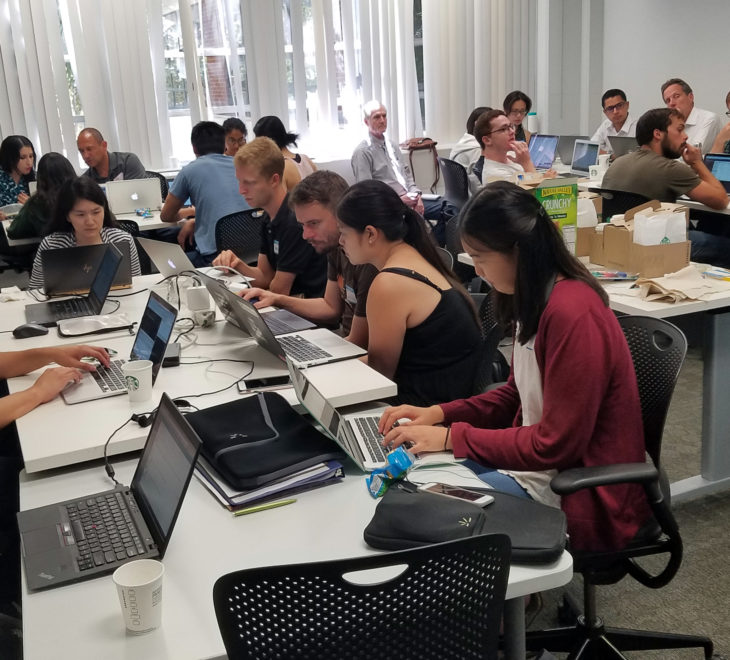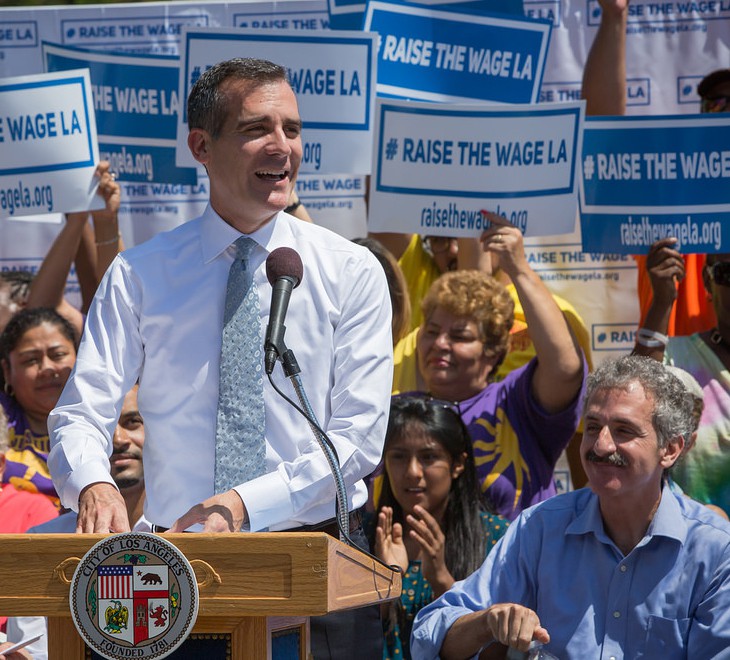On April 13th, I attended the Women in Analytics Conference at Facebook HQ. I was one of about 300 women invited to attend. Attendees spanned a diverse range of practice areas including non-profits, tech, education and government.
The morning program consisted of leading women in analytics describing their educational backgrounds and interests, and how they contribute in their current roles. Some takeaways:
- Laura Evans, SVP of Data and Insights at The New York Times, described the positive impact of centralizing data analysis to gain a more complete picture of their users.
- Mico Yuk, founder of BI Brainz, delivered the surprising statistic that only two percent of venture capital went to female-founded companies in 2017.
- In the most topical talk of the day, Cheryl Dartt, Director of Analytics at Facebook, discussed the balance between user privacy and the benefits of sharing data during natural disasters.
- Elena Grewel, Head of Data Science at AirBnB, posted the “Tao of Data Science,” that
“what matters is the value of the problem you’re solving, not the cleverness of your solution.” This certainly rings true at the Economic Roundtable.
The afternoon program consisted of breakout talks with leaders in the public and private sector, including Martha Norrick, Director of Data Strategy at the NYC Mayor’s Office For Economic Opportunity, and Emily Robinson, Data Scientist at DataCamp, the online data science learning platform. I attended a talk by Julia Silge, Data Scientist at the coder Q&A site Stack Overflow, who discussed the tidytext package for R. This software makes natural language processing easy, and may be of use at ERt to structure and analyze open-ended survey responses.
The day concluded with a career panel among senior women in analytics at several of the largest tech companies in the world (e.g., Google, Facebook, Microsoft). Reflecting on the day, a clear area for growth is in female leadership at the highest levels. Even senior employees on the panel mentioned mostly male supervisors and mentors. There is also an underrepresentation of female-founded companies, as Mico Yuk’s two-percent statistic shows. Another overarching lesson came from Gayatree Ganu, Data Science Manager at Facebook. She described the importance of digging deeply into data to gain intuition, even going through individual records, but then extracting oneself from the analysis process to avoid confirmation bias.
I am glad that I was able to attend, and I hope that some California-based attendees will be interested in contributing their skills to our upcoming project with DataKind. Please email me at jcarlen AT economicrt DOT org if you would like to hear more about that.

Julia Silge of Stack Overflow presents an example of sentiment analysis using the tidytext package in R.













